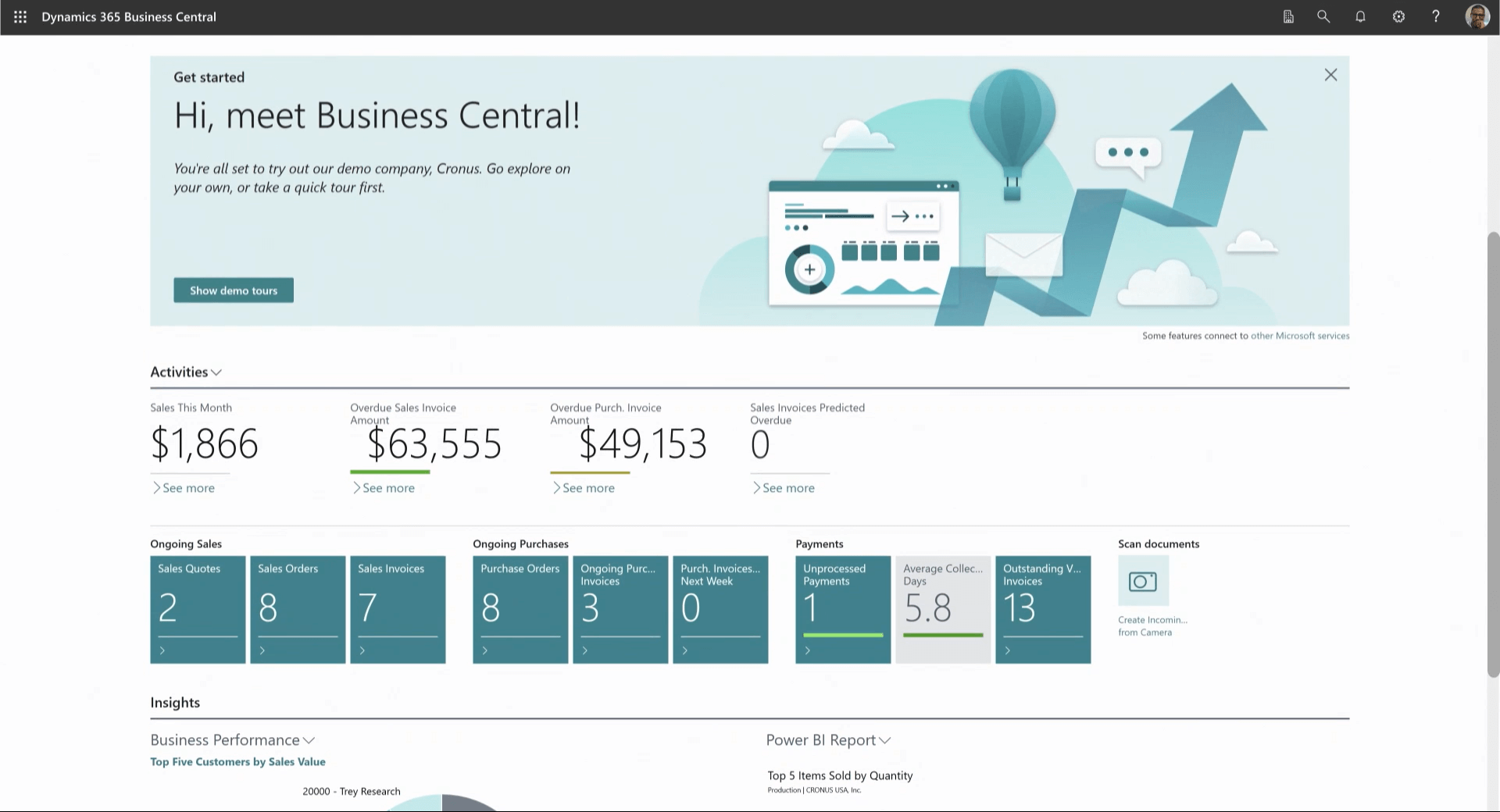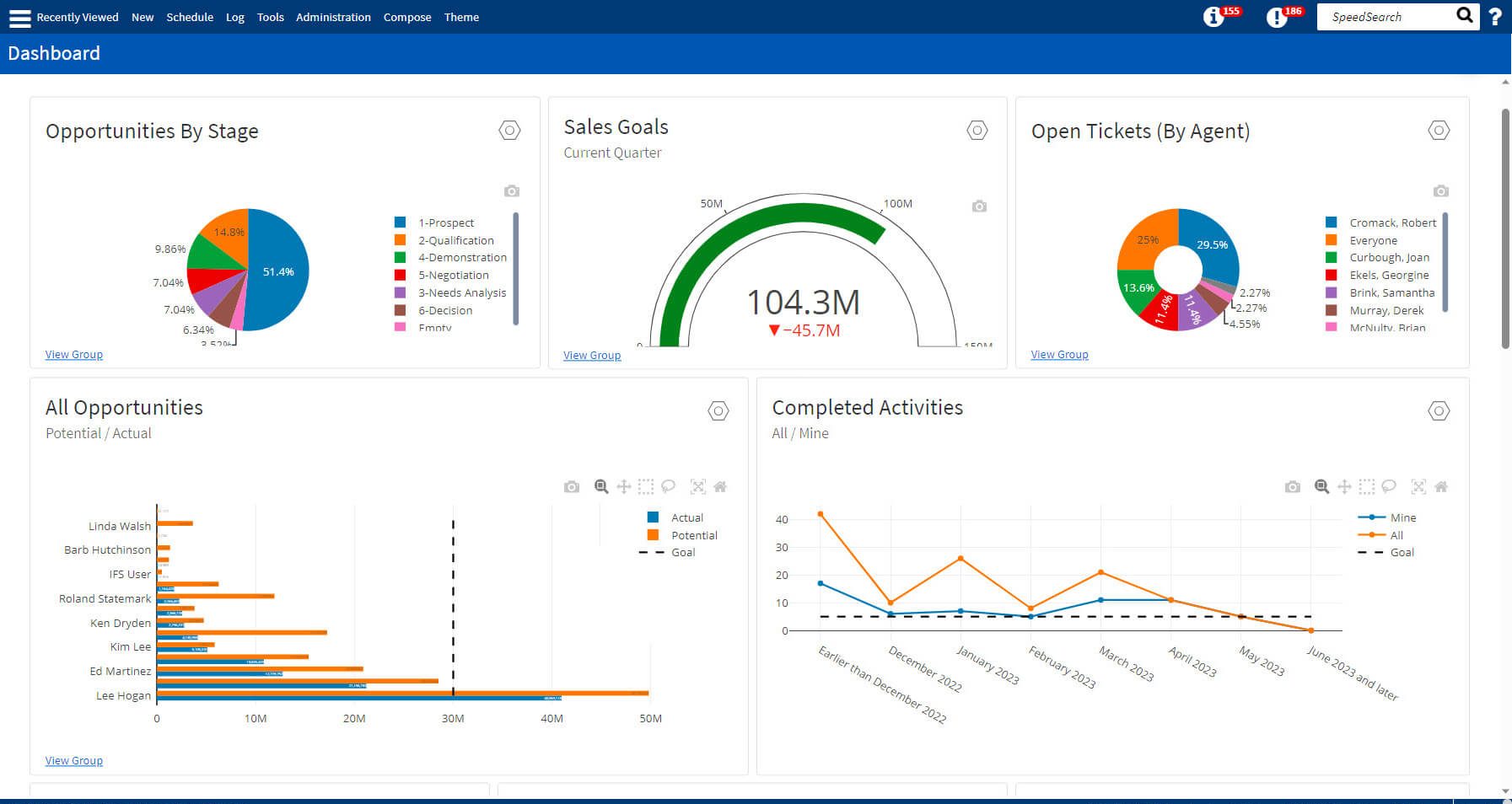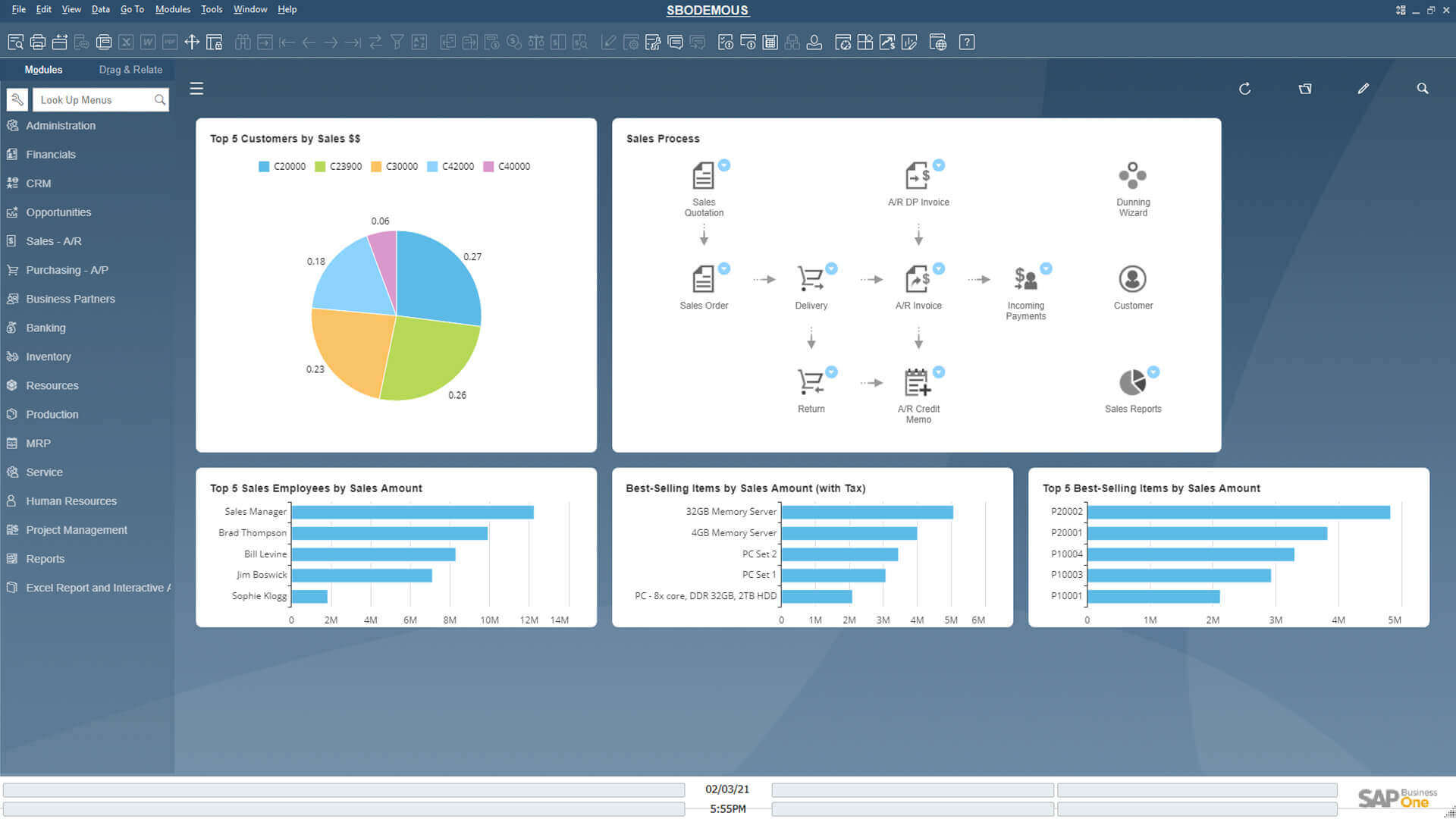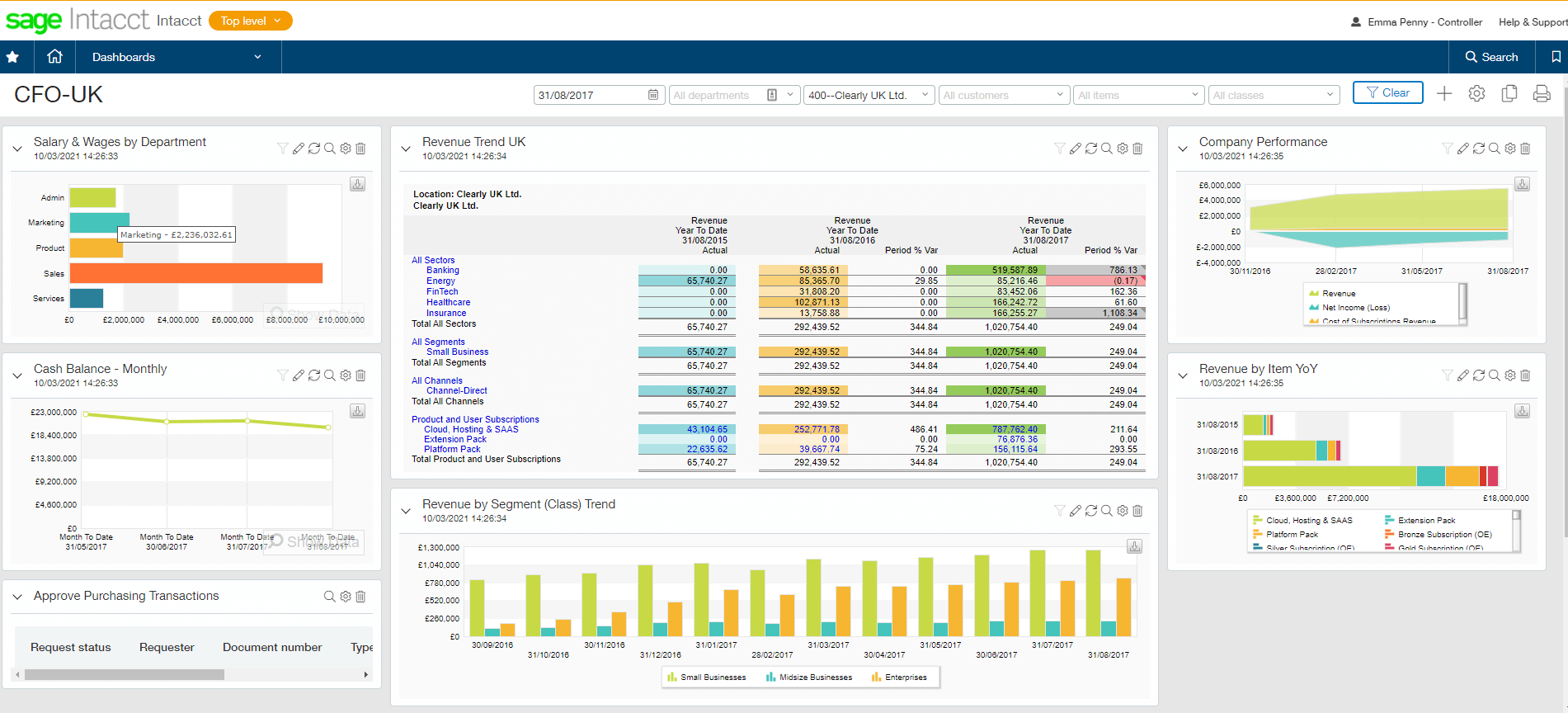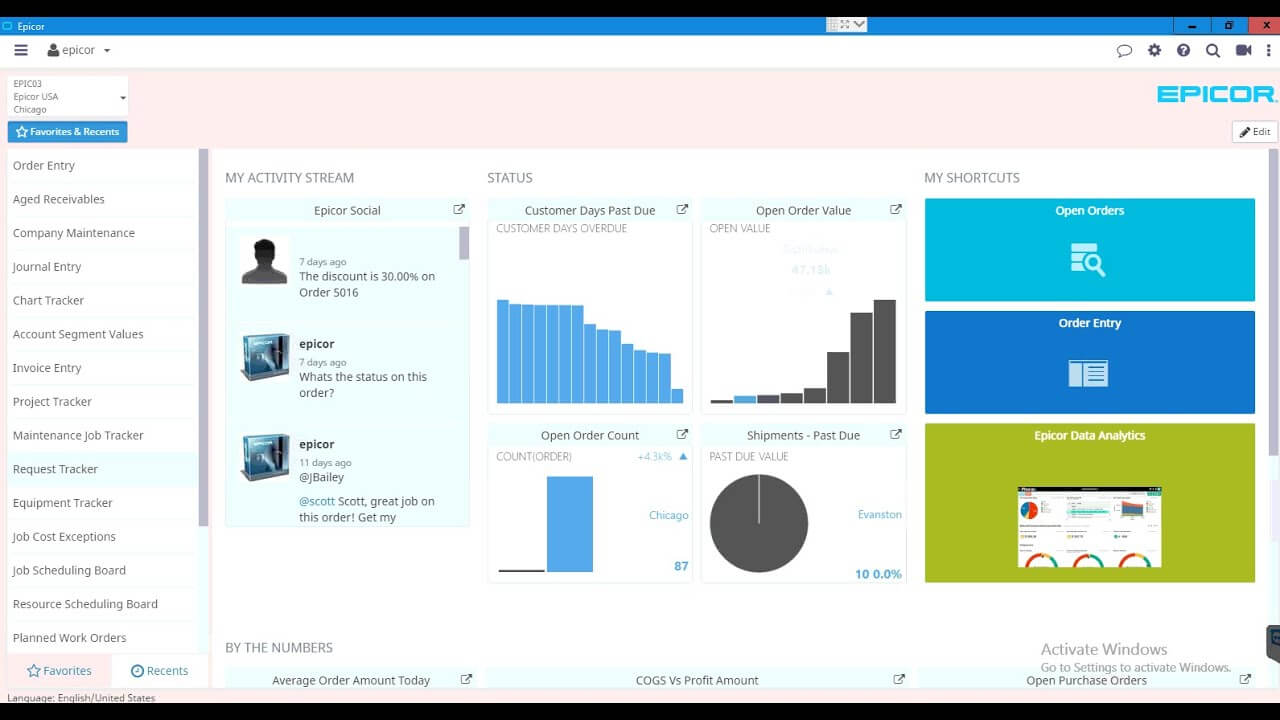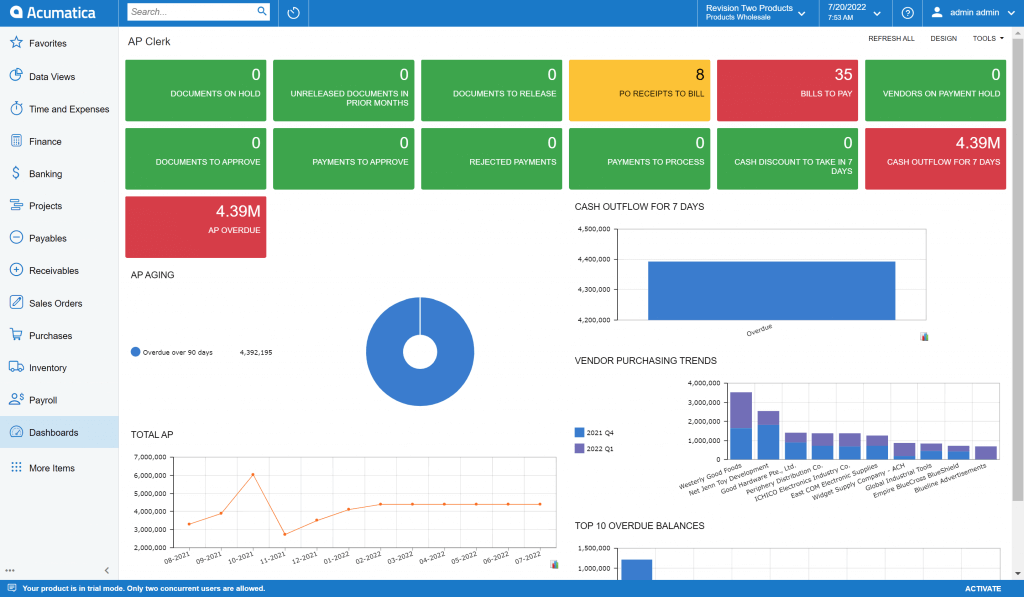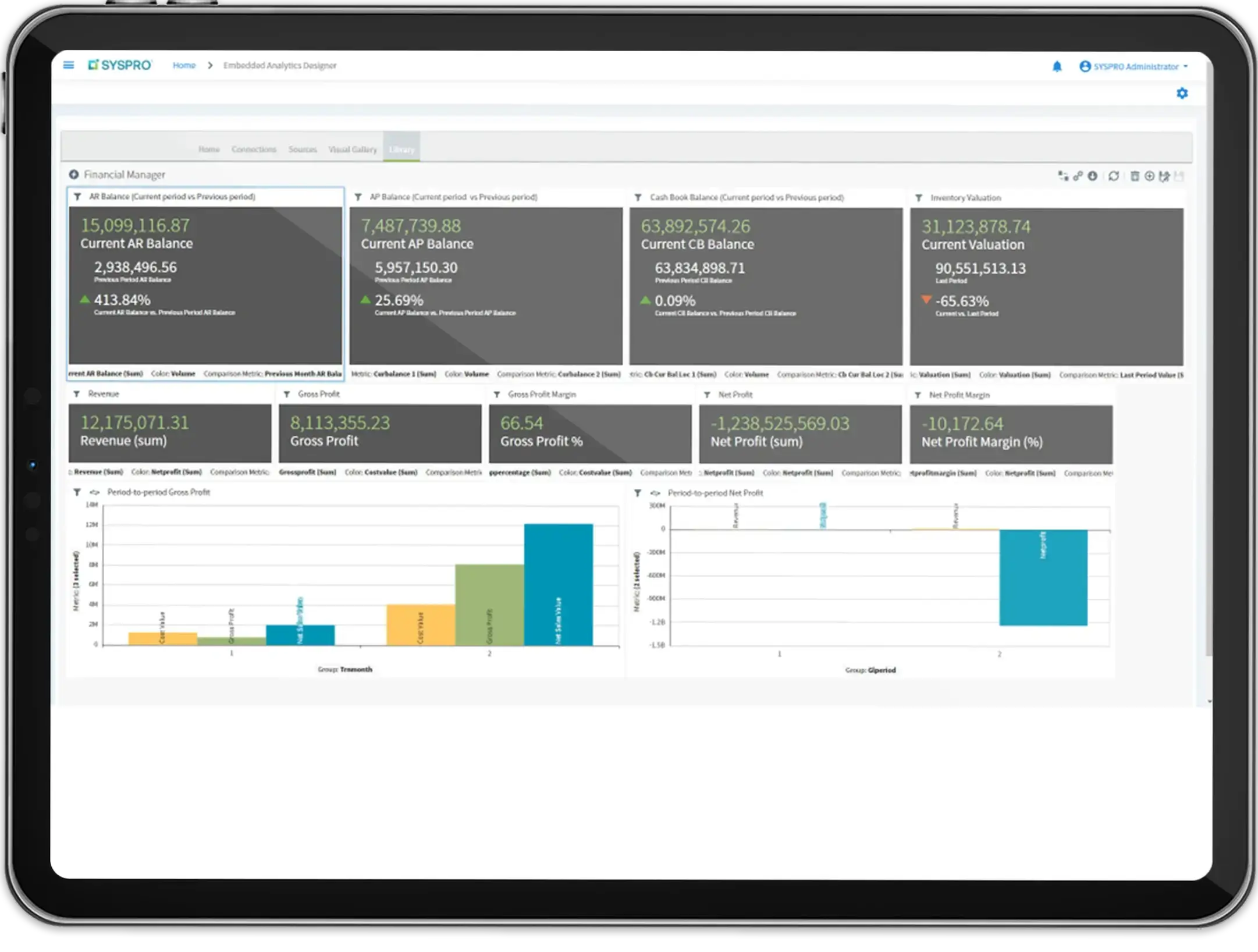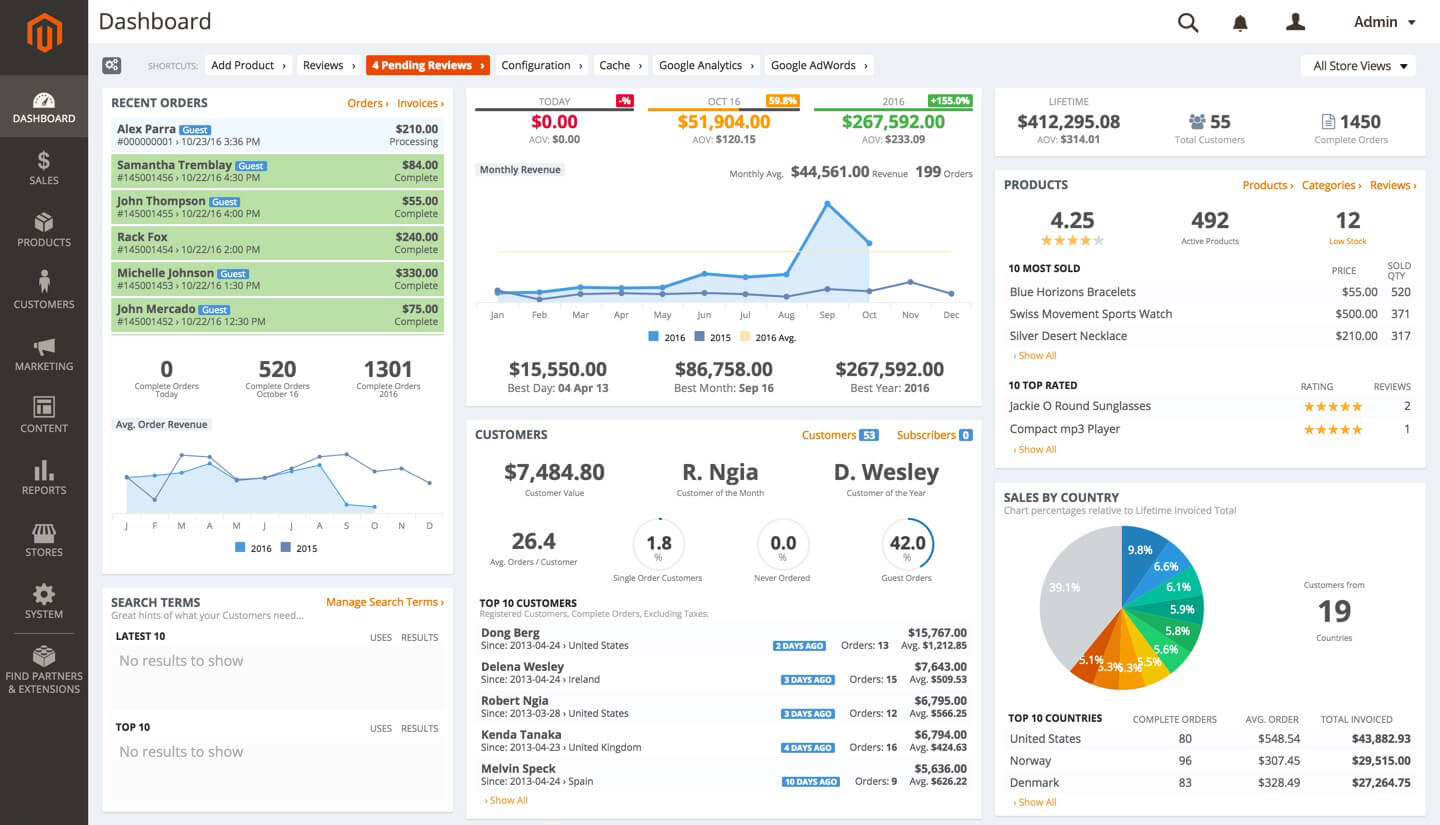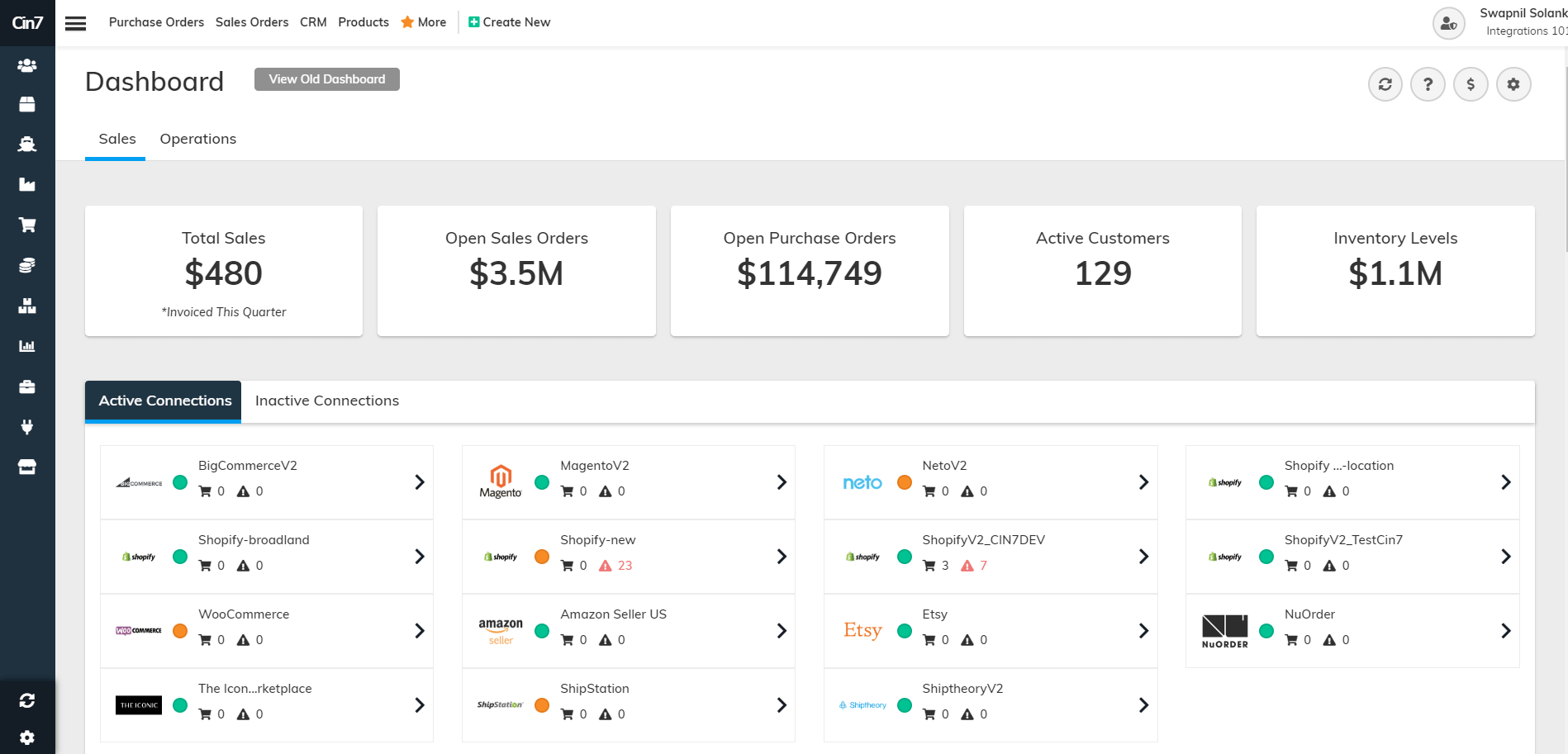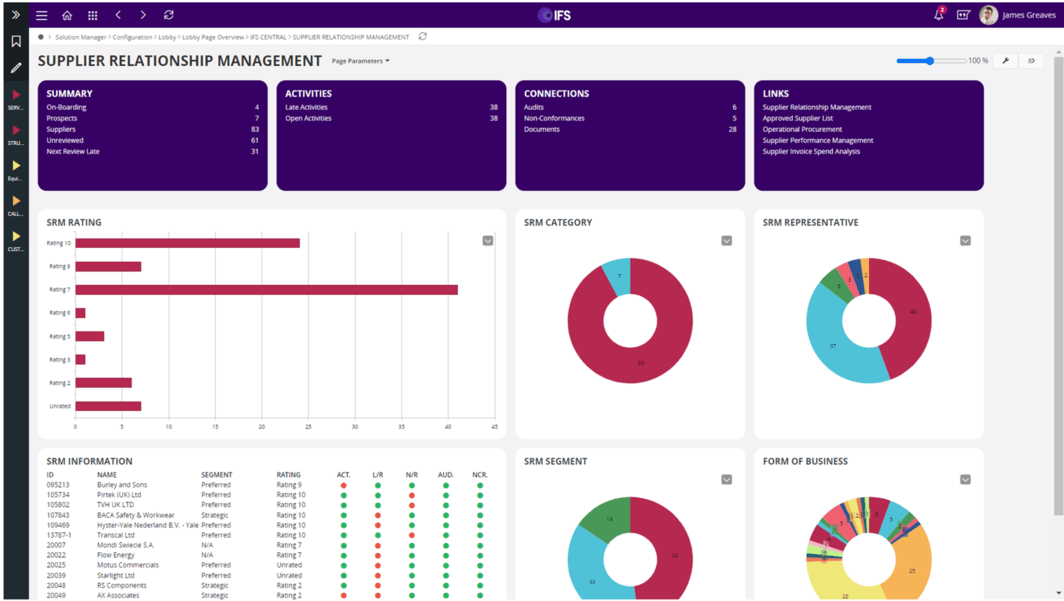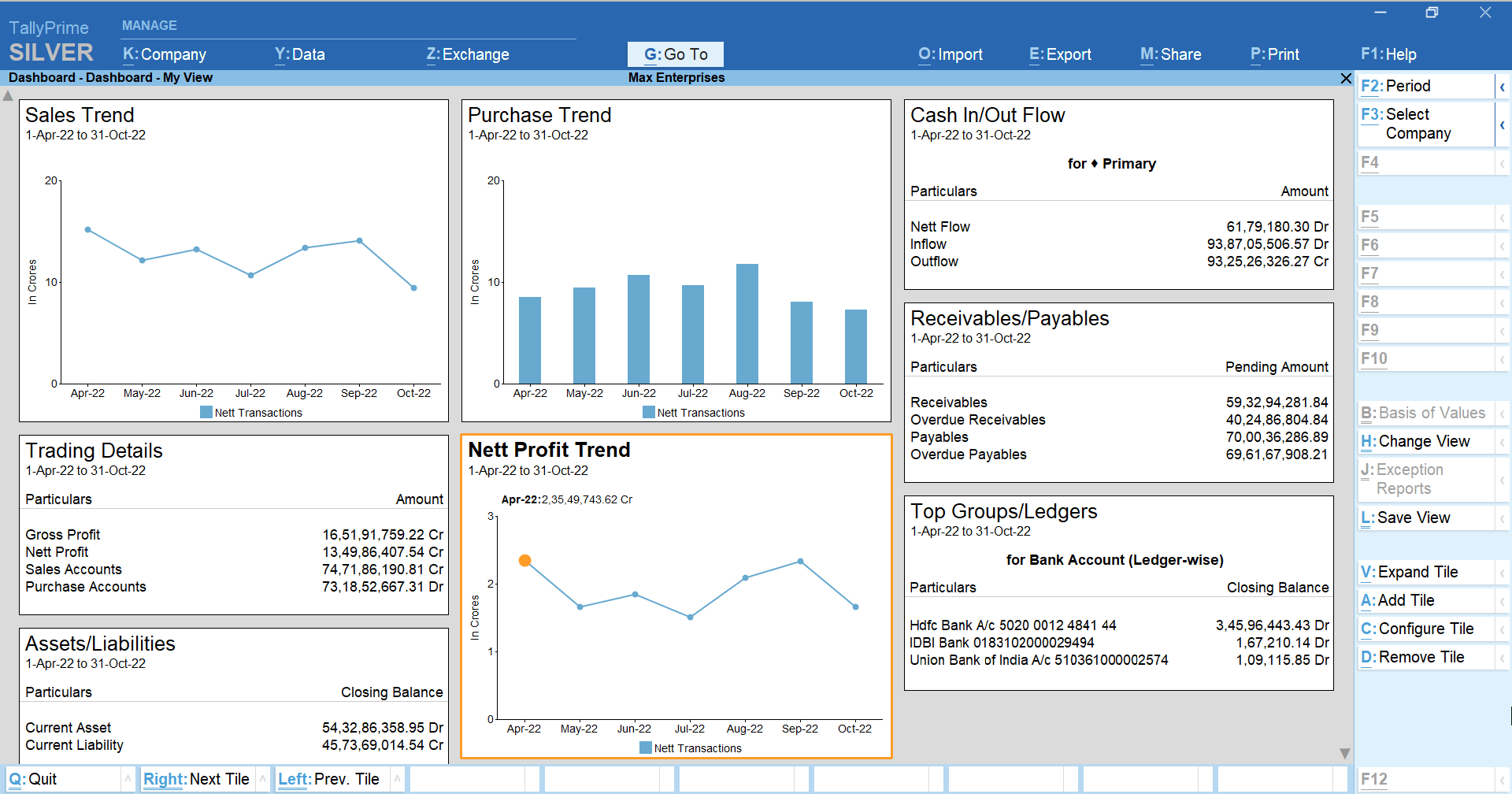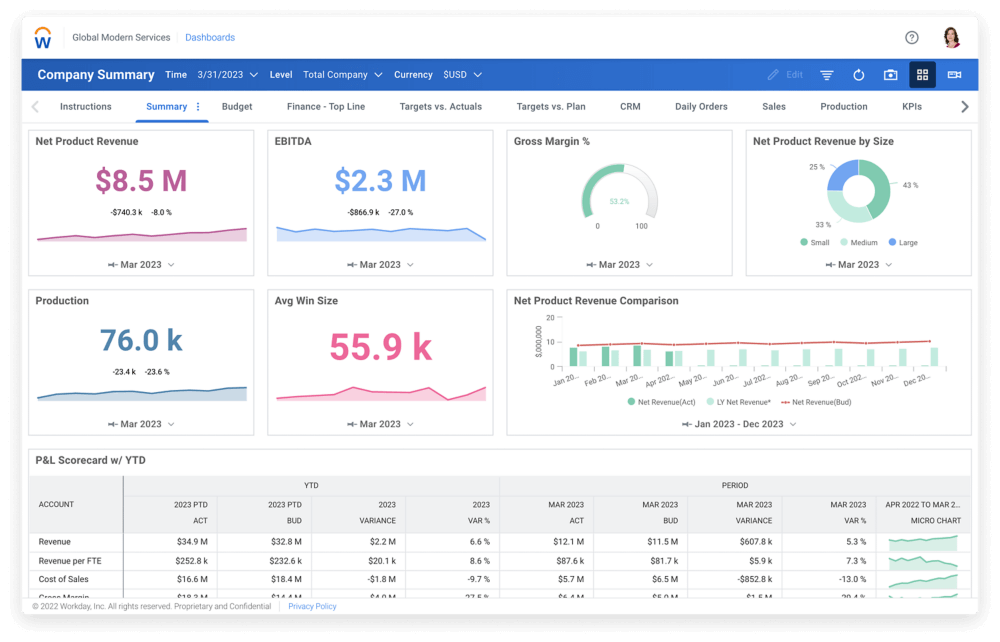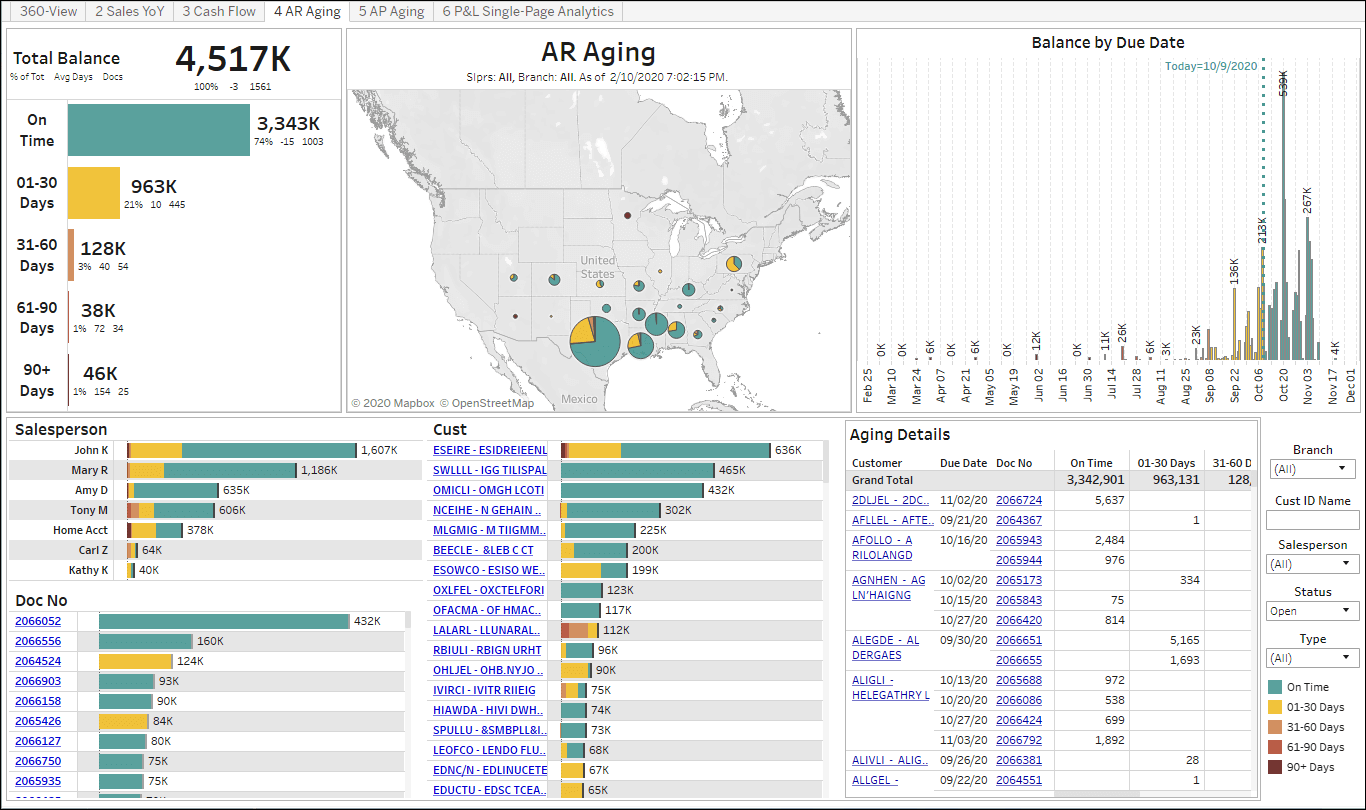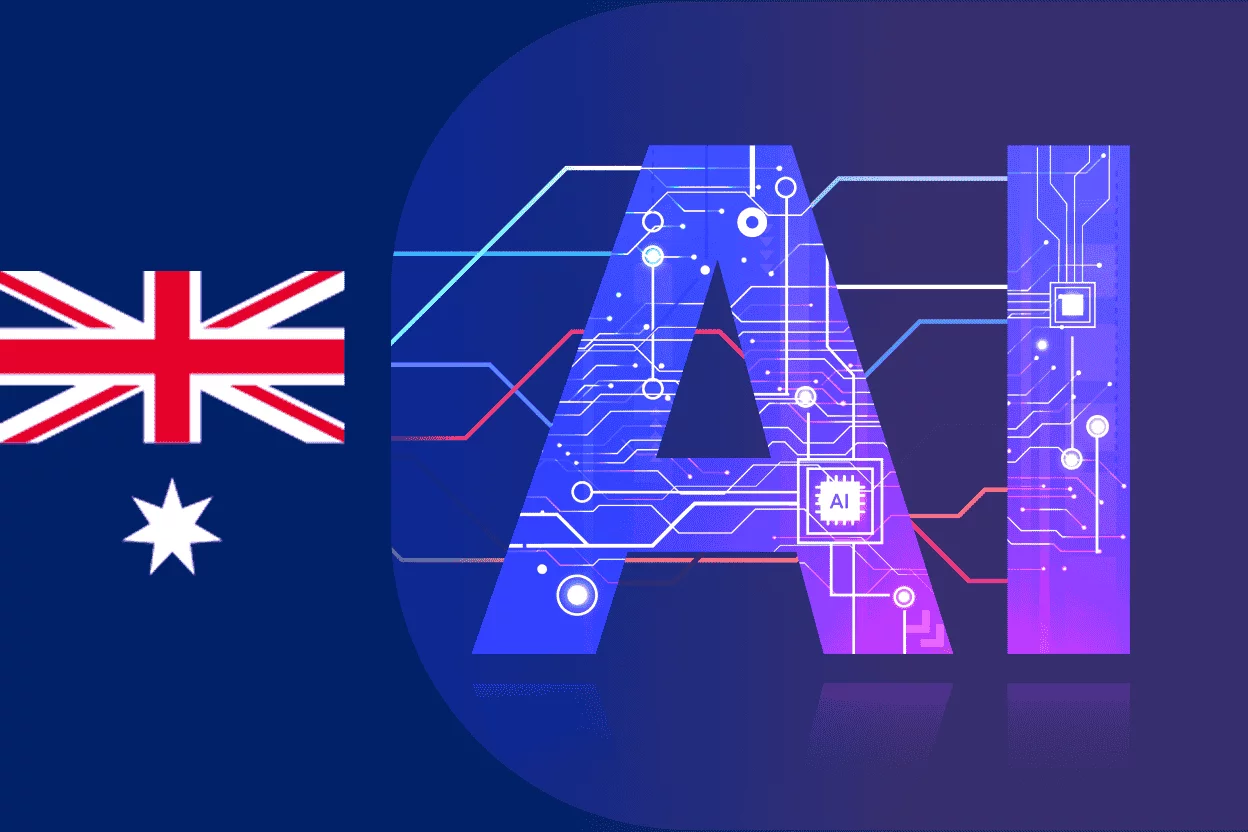Is your business ready to thrive in 2026? As small businesses grow and turn bold ideas into reality, they need an ERP system that can scale with their operations, improve efficiency, and support their journey toward success. Given the wide range of ERP software for small businesses, it’s important for growth-focused companies to evaluate each option carefully before making the right choice.
According to Statista, the global ERP software market is projected to reach approximately $55.4 billion by 2026, growing at a steady CAGR of 3.3% to surpass $65.7 billion by 2030, highlighting the rising demand for systems that meet evolving business needs.
“ERP is not just about automation, it’s about transformation” — Paul Daugherty, CTO, Accenture
Many leading ERP solutions claim to offer value to small businesses, but it’s always wise to compare your options before making an investment. Sounds like the right approach? If yes, here are 15 top ERP systems worth exploring in 2026:
1. Microsoft Dynamics 365 (Business Central)
Dynamics 365 Business Central is a comprehensive suite of advanced business applications hosted securely on Microsoft’s Azure cloud. It serves as a central command center for your company, managing finances, accounts, sales, purchases, warehouse, inventory, customer relationships, HR, and projects all within a single, user-friendly platform, enhancing efficiency and streamlining operations.
Features of Microsoft Dynamics 365 Business Central
- Microsoft 365 Integration: Business Central collaborates seamlessly with Outlook, Excel, Word, and Teams, enabling smoother workflows and document handling.
- Cloud-Based Accessibility: Being fully cloud-based, Business Central is accessible via web, desktop, tablet, and mobile, which is ideal for remote and hybrid teams.
- AI-Powered Automation: The latest update expands Copilot and autonomous agents for billing, accounting, and analysis tasks, making a built-in AI a central productivity driver.
- Power BI Integration: With Power BI integration, you get real-time dashboards and embedded analytics that empower faster, data-driven decisions.
- Third-Party Add-Ons: Gain better control over warehouse, inventory, and logistics with Add-ons like Mobile WMS from AppSource, and expand your ERP’s capabilities fast.
- Customization Tools: Need deeper control? Leveraging APIs, AL language, and VS Code empowers advanced users to tailor workflows, extensions, and integrations effectively.
- Security & Compliance: From GDPR to ISO standards, Dynamics 365 Business Central complies with global regulations and Microsoft’s security protocols to ensure enterprise-grade protection.
- IoT Integration: Azure-powered IoT frameworks enable seamless machine connectivity and support intelligent manufacturing operations.
- “Tell Me” Feature: The “Tell Me” search bar helps users quickly locate pages, reports, and actions within the system.
Dynamics 365 Business Central Pricing
The pricing for Dynamics 365 Business Central offers a range of options tailored to different business needs. The Team Members plan ($8/user/month) is reasonably priced for basic functionalities like document approval and report running. Essentials ($70/user/month) supports full business management for SMBs, while Premium ($100/user/month) adds advanced features like service and manufacturing. Overall, the pricing reflects strong value for its capabilities.
2. Oracle Netsuite
Oracle NetSuite is a cloud-based ERP system that provides a comprehensive suite of integrated business applications. Featuring robust reporting and analytics tools, NetSuite enables small businesses to make data-driven decisions and enhance their overall performance.
Features of Oracle NetSuite
- Immediate Insights with Dashboards & KPIs: Delivers immediate insights with pre-built dashboards, reports, and key performance indicators (KPIs).
- Comprehensive Business Management Suite: Manages all aspects of accounting, order processing, inventory management, production, supply chain, and warehouse operations through a comprehensive suite of applications.
- 360-Degree View Across Entities: Provides a 360-degree view of multiple subsidiaries, business units, and legal entities.
- Instant Access to Financial & Operational Data: Offers instant access to all financial information, operational data, and transactions across the entire company.
- Third-Party Connectors: New tools make integration with external platforms easier, improving data flow and reducing errors.
Oracle NetSuite Pricing
The cost of NetSuite software generally begins at around $20,000 annually. Monthly subscriptions usually start at $999, with an additional fee of $120 per user. However, the overall cost can differ depending on various factors, such as:
- User Licenses: The number of people in your organization who need access to NetSuite.
- Base Software: The core functionality required to operate your business within NetSuite.
- Additional Modules: Extra tools that are not included in the base software.
User licenses start at $120 each, with core features included and optional modules available. The cost of implementation varies depending on setup complexity. While ideal for businesses needing broad functionality and scalability, smaller firms may find it less budget-friendly.
3. Infor
Infor offers ERP solutions tailored to the unique needs of different industries. Their specialized ERP systems for small businesses, including Infor CloudSuite, Infor LN, and Infor M3, are designed with industry-specific capabilities in mind. These solutions support core functions such as financial management, supply chain coordination, and manufacturing operations, making them suitable for small businesses operating in diverse sectors.
Features of Infor
- System Connectivity for Visibility & Collaboration: Connects internal & external systems to unify data across departments for enhanced visibility, collaboration, and data-driven insights.
- AI/ML for Predictive Intelligence: Utilizes AI/ML models to predict trends, suggest actions, and provide insights tailored to specific industries.
- Cloud Scalability & Secure Access: Facilitates hyper-scaling, automatic updates, and secure access to applications and data from any location.
4. SAP Business One
SAP Business One is a leading ERP software that provides a powerful and adaptable platform to optimize operations, enhance efficiency, and achieve greater control over financial and business data. This client-server application can be implemented either on-premises or in the cloud.
Features of SAP
- Scalable ERP for SMBs: SAP B1 is employed by SMBs and can scale to match your growing business demands.
- AI-Driven Cost Optimization: Decrease costs across financials, purchasing, inventory, and more with AI-driven analytics.
- Full Organizational Visibility & Control: Attain full visibility and control over every facet of your organization.
- Unified, User-Friendly Interface: Obtain a clear, unified view of your business through a user-friendly interface.
- Expanded Web Client Coverage: Extended support for business processes such as timesheets, payments, and master data with ease.
- New UI API Framework: Partners can now bring desktop add-ons into the web environment to extend desktop functionality.
- Improved Integration & Extensibility: It is now easier to connect with third-party apps and services.
SAP Business One pricing
The pricing for SAP Business One is explained as follows:
1. Basic Implementation for Eight (8) Users
Designed for small distribution companies that have outgrown their basic accounting software and seek to upgrade to a more integrated ERP system.
Inclusions: Finance, inventory, basic warehouse management, standard reporting, and business intelligence dashboards.
Implementation Cost: $1,800 per month for 8 users, $400 per month for comprehensive support, along with a one-time charge of $40,000 for implementation, training, and system setup.
2. Typical Implementation for 25 Users
Suitable for medium-sized distribution companies with more complex business needs.
Inclusions: Finance, distribution, Material Requirements Planning, inventory, assembly, and custom reporting, along with analytics and business intelligence.
Implementation Cost: $5,000 per month for 25 users, $1,000 per month for comprehensive support, plus a one-time fee of $80,000 for implementation, training, and system configuration.
5. SAGE Intaact
Sage Intacct is a financial management solution designed for small and medium-sized businesses, providing advanced accounting capabilities, real-time visibility into financial data, and support for multi-entity operations. It enables businesses to gain deeper financial insights and maintain greater control over their financial processes.
Features of Sage Intacct
- Cloud-Based Solutions for SMBs: Provides cloud-based accounting, planning, HR, and payroll solutions for small and medium businesses.
- Instant & Predictive Insights: Delivers instant and predictive performance insights to enhance decision-making. Also, such tools help finance teams anticipate trends and optimize budgets.
- Salesforce CRM Integration: Ensures seamless integration with Salesforce CRM, offering a unified business perspective.
- Workflow Automation Enhancements: The release of R2 and R3 in the 2025 cycle introduced new tools for healthcare, construction, and nonprofit sectors, along with platform-wide automation to reduce manual tasks.
- Improved User Experience Backed by Security: Recent updates support email authentication, modernized UX features, and import service improvements to streamline data migration and communication reliability.
- Multi-Entity Management & Scalability: Designed for growth, Sage Intacct handles multi-entity and multi-site management with ease, keeping everything connected for businesses with complex structures.
6. Epicor
Epicor ERP is a flexible and scalable solution that can be implemented either on-premises or in the cloud, allowing companies to select the deployment model that best suits their IT infrastructure and business needs.
Features of Epicor
- Inventory Oversight with Real-Time Data: Continues to offer overseas inventory with real-time data, integrated receipts, and purchase orders.
- Embedded Analytics for Business Insights: Access real-time business insights through embedded analytics tools that deliver instant insights across operations, finance, and production.
- Unified Platform for Sales & Configuration: Allows you to handle quotes, orders, product configurations, and opportunity tracking from a single platform.
- Real-Time Production Monitoring: Monitor production and processes in real time for enhanced control.
- AI-Powered Decision Support: With AI-driven Intelligent tools, manufacturers can respond faster and smarter using predictive insights.
7. Acumatica
Acumatica is known for its flexibility and strong integration features, making it well-suited for businesses seeking digital resilience. It enables the connection of various tools and applications, helping streamline operations and improve overall efficiency.
Features of Acumatica
- Mobile Access & Remote Work Support: With the modern UX and browser-based interface, Acumatica enables users to manage operations from anywhere, making it ideal for remote teams and field service professionals.
- Operational Continuity for Growing Businesses: Perfect for expanding companies looking for operational continuity, efficiency, and flexibility. Plus, the 2026 R2 release emphasizes efficiency, flexibility, and industry-specific depth across sectors.
- Seamless Integration with Business Applications: Easily integrates with other essential business applications like Shopify, Salesforce, Microsoft 365, and more.
8. SYSPRO
SYSPRO ERP offers a centralized platform for managing essential business processes, enabling manufacturers and distributors to streamline operations, enhance visibility, and make informed, data-driven decisions to foster growth and profitability.
Features of SYSPRO
- Interactive Web Platform for Supplier Communication: With web-based collaboration tools, improve communication with suppliers, enabling real-time updates, document sharing, and optimizing procurement workflows.
- Native support for governance: Provides out-of-the-box integration with governance, compliance, and supply chain tools.
- Inventory Forecasting & Optimization: Easily forecast and optimize inventory to accommodate different demand sources.
- Low-Code/No-Code & API Connectivity: Offers low-code/no-code options and APIs for connecting with various applications, supporting agile development and digital transformation.
- Customizable Pricing & Discounts: Customize pricing, discounts, and breaks to tailor solutions to your needs.
9. Oddo ERP
Odoo ERP is an open-source, modular solution that provides a broad array of integrated business applications. Renowned for its flexibility and customization options, Odoo ERP features affordable pricing and strong community support, making it a compelling option for small businesses with budget constraints.
Features of Oddo ERP
- Scalable for Any Size & Budget: Suitable for businesses of any size and budget, scaling alongside your growth. With its flexible pricing and open-source foundation, businesses to scale affordably.
- Easy Integration with Existing Applications: It easily integrates with other applications you currently use, enabling seamless integration into existing tech stacks.
- Centralized Platform for All Operations: Consolidates all operations and activities into a single, centralized platform.
- Preferred by Small Businesses for Cost Efficiency: Chosen by 67% of small businesses for its cost-effective ERP solution.
10. Cin7
Cin7 stands out as a top ERP system for small businesses, featuring a robust, cloud-based platform tailored to the needs of growing small and mid-sized companies through its Core solution. For SMBs requiring native EDI, 3PL connections, or managing multiple entities, Cin7 provides the Omni solution.
In contrast to conventional ERP software, which often comes with complexity and high costs, Cin7 offers a more accessible and user-friendly planning tool with rapid implementation in just a few weeks, compared to the months typically needed for other solutions.
Features of Cin7
- Real-Time Access to Product & Order Data: It gives your team real-time access to all product and order data, improving collaboration and eliminating information silos.
- Unified Platform for DTC, B2B, EDI, and 3PL: Helps manage direct-to-consumer, B2B, EDI retailers, and 3PL scenarios on a single platform, integrating distributors and commerce channels seamlessly.
- Simplified EDI Order Management: Handle EDI orders with an easy-to-use dashboard and step-by-step guide, no EDI expertise needed.
Pricing for C7
- Standard Core Plan: $349 per month
- Pro Core Plan: $599 per month
- Advanced Core Plan: $999 per month
11. IFS Cloud
IFS Cloud provides industry-specific ERP solutions, offering role-based dashboards that can be customized to meet the unique requirements of each sector. One of its key strengths is the integration of AI and machine learning. These technologies help automate routine tasks, improve production planning, and anticipate customer demands, allowing small businesses to improve efficiency and responsiveness.
Features of IFS Cloud
- AR Video Calls for Remote Support: IFS Cloud includes augmented reality (AR) video calls for real-time remote support in service, maintenance, and other areas, enabling quicker issue resolution.
- Built-In Machine Learning with Explainable AI: Utilize built-in ML for demand planning and sales opportunity scoring. The model employs AI to provide explanations for ML outputs.
- Customizable User Interface for Brand Consistency: Customize the user interface with your brand’s colors, logo, and other imagery across all touchpoints within IFS Cloud.
12. QuickBooks
An effective ERP software for small businesses should be user-friendly and scalable to accommodate the growth and evolving needs of the company. Although it’s not a complete ERP system, QuickBooks can be a suitable choice for small businesses that require robust financial features. It meets essential needs such as managing accounts payable, simplifying tax processes, providing bank reconciliation tools, and offering detailed reporting.
Features of QuickBooks
- Smartphone Receipt Capture for Expense Tracking: Take photos of receipts using your smartphone for straightforward expense tracking.
- Comprehensive Financial Health Dashboard: Get a complete view of your business’s financial health with detailed tracking features that monitor income, expenses, mileage, invoices, project profitability, and more.
- Automated Expense Categorization for Tax Deductions: QuickBooks categorizes expenses automatically into tax-friendly groups, helping you maximize deductions and simplify filing with accurate records.
Quick Books Pricing
- Simple Start Plan: $15 per month
- Essentials Plan: $30 per month
- Plus Plan: $45 per month
- Advanced Plan: $100 per month
13. Tally Prime
TallyPrime is an ERP solution designed for small businesses, offering a user-friendly interface that doesn’t require advanced IT or accounting knowledge. Its straightforward navigation and workflows make it easier to get started and manage everyday tasks.
Features of TallyPrime
- Access Reports Without Leaving Your Task: You can access reports, switch between companies, or analyze data without leaving your current task, such as entering a voucher.
- Multi-Format Invoice & Report Sharing: TallyPrime provides various options for sharing invoices or ledger reports, including WhatsApp, PDF, JPEG, or Excel. Pre-designed message templates simplify communication further.
- Custom Price Lists for Customer Segments: Create separate price lists for wholesalers, retailers, or specific customer groups. These price lists can be assigned to products, allowing for automatic application of prices and discounts in orders and invoices.
Tally Prime Pricing
- Silver Plan: $81 per 3 months
- Gold Plan: $243 per 3 months
14. Workday
Workday ERP Software is a top-tier enterprise resource planning solution designed to improve business processes. It is recognized for its intuitive interface and robust features, making it a favored option for organizations looking to increase efficiency and effectiveness.
Workday pricing is customized and depends on the specific modules and features required. It generally starts at around $100 per user per month, though the final cost varies based on your needs.
Features of Workday
- Extensive HR Capabilities: Includes extensive HR features such as talent management, payroll, time tracking, and more.
- Comprehensive Financial Management: Handles financial processes including accounting, procurement, expense management, and revenue management.
- Integrated Business Planning: Integrates business planning with performance management to ensure alignment between strategies and execution.
- Higher Education Lifecycle Management: Designed for higher education institutions, this system manages the entire student lifecycle from admissions to graduation.
- Advanced Planning, Budgeting & Forecasting: Provides advanced capabilities for planning, budgeting, and forecasting.
- Proactive Forecasting & Decision Support: Supports financial planning and workforce planning through collaborative tools, helping teams make more informed decisions.
- Offers forecasting features that adapt to changing business conditions, aiding in proactive decision-making.
15. Sage 100 ERP
Sage 100 is an ERP platform built for small and medium businesses, offering tools to manage finances and day-to-day operations more effectively. Its modular system includes features for payroll, accounting, inventory control, manufacturing, distribution, and e-commerce.
Features of Sage ERP 100
- Core Financial Management: Includes features for managing the general ledger, accounts payable and receivable, budgeting, and financial reporting.
- Inventory Tracking & Order Management: Supports efficient tracking of inventory, managing stock levels, and processing orders.
- Sales Order & CRM Integration: Helps with sales order processing, managing customer data, and customer relationship management (CRM).
- Production Planning & Work Order Management: It provides tools for planning and overseeing production schedules, materials, and work orders.
Key Considerations for ERP Selection in 2026
Selecting the best ERP for small business has become more challenging as the options in 2026 expand and evolve with greater complexity and innovation. By evaluating factors like scalability, industry-specific features, integration options, and user-friendliness, small businesses can identify the ERP solution that best suits their needs and supports their growth.
The top 15 ERP software for small businesses featured in this article provide SMBs with a suite of robust tools to optimize operations, enhance decision-making, and gain a competitive advantage in their markets. Consulting with Business central ERP specialists, such as Intelegain technologies, can assist in identifying the ideal solution for your small business. Connect with us to get started.
FAQs
ERP costs vary depending on features, user count, deployment type, and implementation complexity, making budgeting a case-by-case decision.
No, ERP is much more than accounting software; it unifies and manages core business functions such as inventory, human resources, sales, and operations within a single integrated platform.
Top ERP systems for small businesses in 2026 include Dynamics 365 Business Central, NetSuite, Odoo, Sage Intacct, and Zoho ERP, offering scalable features tailored to growing business needs.
For choosing the right ERP system, you need to evaluate your business needs, budget, scalability goals, and prioritize ease of integration and user experience.
Connect with Our Business Central Expert





